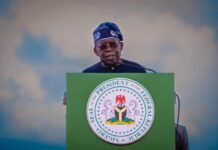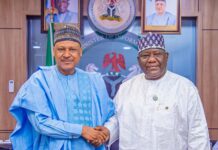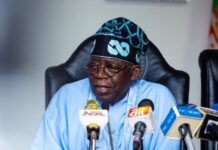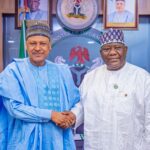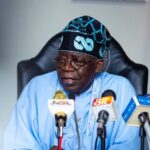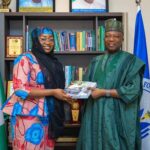Mallam Bolaji Abdullahi, popularly called Omoluabi, was born on 12th August 1969 into the family of Alhaji Abdullahi Aliyu of Alapo Compound, Anifowoshe area in Ubandawaki Ward of Ilorin West. His mother is an indigene of Igbeti, Olorunsogo Local Government, Oyo State.
Mallam Bolaji’s father was a tailor cum farmer, while the mother was a trader. Omoluabi had his early education in Ilorin, Niger and Abuja (G.S.S, Kwali).
The fact that Mallam Bolaji Abdullahi was a very brilliant student has long been established with his widely published educational achievements – second class upper degree in Mass Communication, Master’s degree (with Distinction) in Development Studies.
However, the early dream of Mallam Bolaji Abdullahi was to be a soldier. He indeed tried unsuccessfully to enroll in the Nigerian army. Afterwards, he set a new vision for himself – to be a successful Journalist and accomplished politician.
In 1997, at the age of 28, Mallam Bolaji Abdullahi won a nomination as the Best Newspaper Feature Writer of the year at the Nigerian Media Merit Award; this was in his first year as a Journalist. Before then, he had become highly recognized within the civil society, having worked with a number of international development agencies.
At the age of 31, Omoluabi was already a Deputy Editor of a National Newspaper, THISDAY. He also attained national recognition at that age with his well-read weekly column, THE GRAINS OF WIT.
At age 32 in 2001, Mallam Bolaji Abdullahi won the British Council Chevening Scholarship to study for a postgraduate programme in Governance and Development at the prestigious Institute of Development Studies (IDS), University of Sussex, in the United Kingdom where in 2002; he bagged a Master’s Degree with Distinction.
At the age of 34 in 2003, Omoluabi was appointed as the Special Assistant, Communication and Strategy to the Executive Governor of Kwara State, Dr Bukola Saraki, and in 2005, he was elevated to Special Adviser (policy and Strategy) to the Governor.
In his career as a Journalist, Omoluabi has written over 1000 newspaper articles and also authored some highly rated reports, including the 2003 Transparency International’s Global Corruption Report.
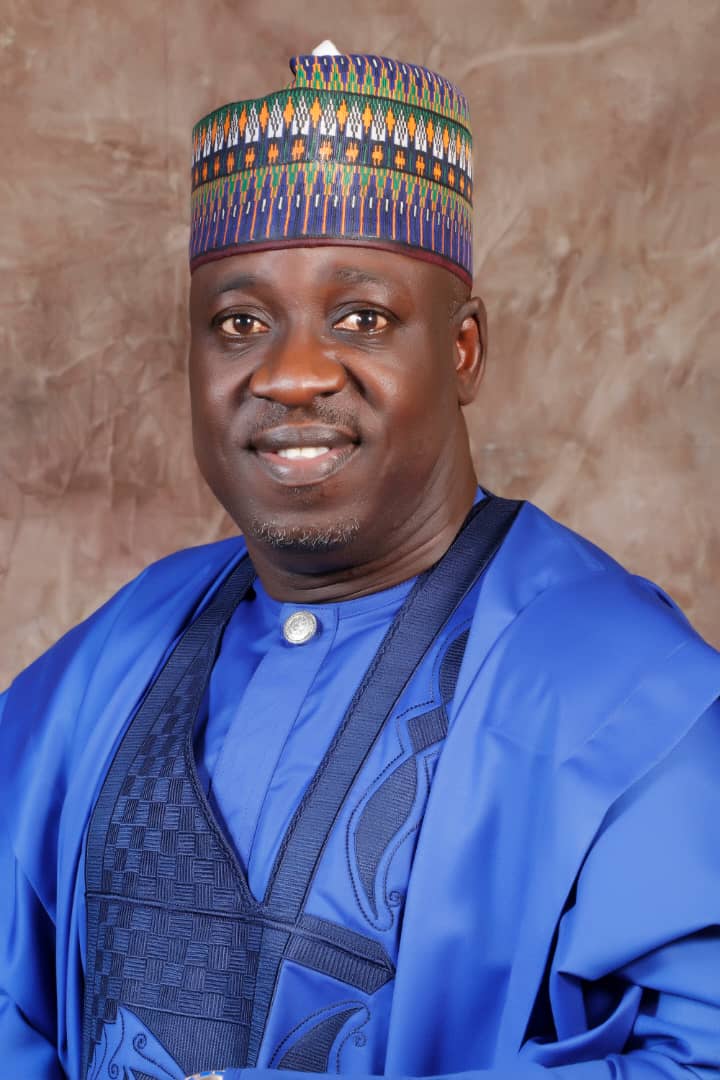
The first political appointment of Mallam Bolaji Abdullahi was in 2003 as the Special Assistant, Communication and Strategy to the then Executive Governor of Kwara State. In this role, Omoluabi focused more on providing support to the government in the areas of strategic interventions that culminated in many key initiatives that served as foundation for some of the achievements of that administration. It was in this capacity that Omoluabi convened the first Kwara Education Summit in 2003 to arrest the rot in the education sector of the State. The outcome of that summit was to serve as the blueprint for education reform in Kwara State in later years.
It was in recognition of his shrewdness in the areas of policy formulation and execution that Mallam Bolaji Abdullahi was promoted as policy Adviser to the government in 2005. To effectively utilize his talents as someone endowed with reform ideas; Omoluabi was now to focus on two key areas that determine the success of every government – coordinate the formulation of policies and the strategies for their effective implementation and communication.
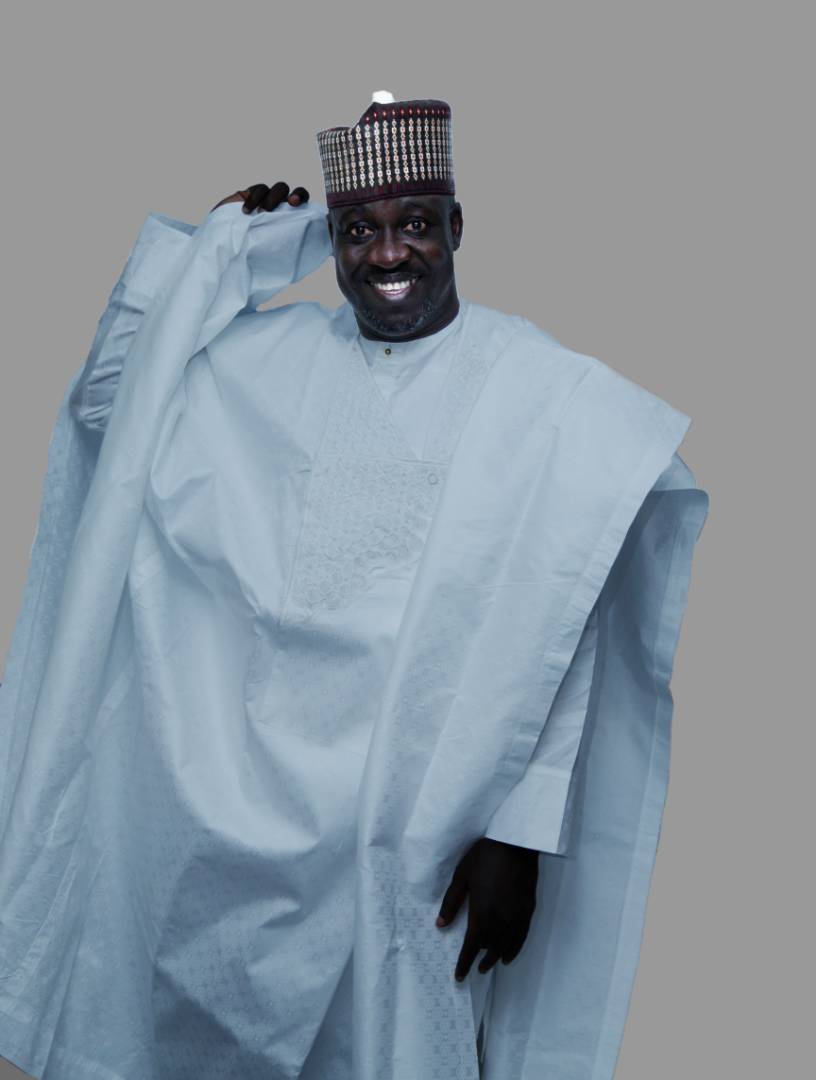
As Special Adviser, Mallam Bolaji Abdullahi was a key member of the State Economic Team which coordinated the production of the State Economic Empowerment and Development Strategy (SEEDS). In his capacity as Policy Adviser, Omoluabi was also the Chairperson of the State Budget Implementation Committee, a position that afforded him the opportunity to monitor projects and the activities of government Ministries, Departments and Agencies (MDAs) to ensure there was value for money in the execution of government contracts.
ACHIEVEMENTS OF MALLAM BOLAJI ABDULLAHI AS COMMISSIONER FOR EDUCATION
Education in Kwara State witnessed a dramatic change in 2007-2012 when Education Reform Agenda (ERA) tagged ‘Every Child Counts’ commenced. Education reform was to address the problem of education decay in the State with focus on:
- Teacher Quality Improvement (TQI)
- Strengthen inspection
- Reform of the tertiary institution (COE Turn Around)
- Institution Building Reform Group (IBRG)
Specifically therefore, the following achievements were recorded by Omoluabi during his tenure as education Commissioner:
- Cluster training of Head teachers and other teachers replaced mass training; a situation that brought about effectiveness and improved quality of teaching in classrooms.
- Introduction and training of 24 State School Improvement Team (SSIT) with many of these teachers later becoming consultants for World Bank.
- Development of Lesson Plans in Literacy and Numeracy.
- Training of School Support Officers (SSOs), formerly called Local School Supervisors (LSSs) on their new role to support rather than supervise teachers.
- A complex system of training was abandoned and a simple training method was put in place, which is the Cluster training method managed by State Universal Education Board (SUBEB).
- State Government funded the training of School Support Officers (SSOs) and Primaries 1-3 Teachers.
- Link between Oro College of Education and State School Improvement Team (SSIT) strengthened to improve consistency between pre-service and in-service training.
- Mobility and logistics to make follow-ups and unscheduled visits to schools were provided.
- Improved teacher recruitment/replacement and promotion process through written examination and oral interview.
- Career path development for teachers which put support system in place with adequate number of staff (Improved learning outcome was reported).
- Renovation of classrooms (100 blocks of classrooms were renovated quarterly and in cases were the classrooms were dilapidated; two classrooms were turned to one classroom building.
- Increase in student enrollment into public schools. Over 70,000 enrolled in public schools in Kwara within the period Omoluabi served as Commissioner, most of them were from private schools. (Please check Annual School Census report printed in 2011 for details.)
- Omoluabi proposed the Teachers’ Special Allowance (TSA) of 27.5% increment of salary which was approved and Kwara State government became the First State to pay it in Nigeria as at 2009.
- Omoluabi involved parents in the management of their children’s education with the distribution of Learning Outcome Benchmark (LOB) which states what pupils should know after attending each class.
- The School Based Management Committee (SBMCs) was formed in all Public basic Schools. The membership included – Teachers, Parents, and Representative of Community Head. They were in charge of the management of the schools.
- Restructuring of curriculum to support basic education subjects.
- Development of an Institutional Plan for the college of education, Oro.
- Introduction of new learning Programs.
- Revision of the Act establishing the College that refocuses on the mandate to produce quality teachers for the State (in the State House of Assembly).
- Supervised the design and printing of ESP (Education Sector Plan, (Education Sector Analyses), MOU (Memorandum of Understanding), ASC (Annual School Census), AESPR (Annual Education Sector Performance Report), and other prints which were distributed within and outside the MDAs.
ACHIEVEMENTS OF MALLAM BOLAJI ABDULLAHI AS MINISTER
- Mallam Bolaji Abdullahi led Nigeria to win the prestigious Africa Cup of Nations (AFCON) in South Africa after 19 years. The last time the country won the tournament was in Tunisia in 1994.
- Nigeria’s senior national team, the Super Eagles also qualified for the 2014 World Cup in Brazil. In the final play-off, the Super Eagles beat the Waylas of Ethiopia home and away, and flew Nigeria’s flag for the fifth time at the World Cup.
- In 2013, Nigeria’s Under 17 side, the Golden Eaglets, won the FIFA under 17 World Cup in the United Arab Emirate. It was the fifth time Nigeria would win the tournament.
- Under Mallam Abdullahi’s leadership, there has been a repositioning of the domestic football league in line with global best practices. The new League Management Company (LMC) established by Omoluabi restored credibility and transparency to the management of the Nigerian Premier League.
- In athletics, just like in football and weightlifting, Nigeria has become the number one nation in Africa. Never in the history of African athletics has one nation been winner of the Senior, Junior and Youth Championships at the same time. Omoluabi, as Minister for Sports, made it happen.
- Under Mallam Bolaji Abdullahi as Sports Minister, Nigeria won the Senior Athletics Championship in Port Novo (June 27–July1, 2012), followed by the inaugural Youth Championship in Warri, Delta State (March 2013) and lastly, the Junior Championship in Mauritius (August- September 2013).
- After a 14 years’ absence on the medals table of the IAAF World Championships, Blessing Okagbare won two medals for Nigeria in the last IAAF World Championship, which took place in Russia in August 2013. She won a silver medal in long jump and a bronze medal in the 200 meter race. The last time Nigeria won any medal was at the Seville’99 IAAF World Championship in Seville, Spain, where Gloria Alozie and Francis Obikwelu won a silver medal in the 100m hurdles and a bronze medal in the 200m respectively.
- To ensure early identification and discovery of athletes, Omoluabi spearheaded the first ever National Youth Games, for athletes between the ages of 13 and 17, took place in December 2013 with over 300 special talents discovered. The Games will be held yearly.
- The National Sports Commission (NSC) under Mallam Bolaji Abdullahi revitalised the Nigeria Academicals Sports Committee (NASCOM), which is tasked with developing grassroots sports.
- The NSC under Mallam Abdullahi also completed a world-class athletes’ hostel in Abuja. The hostel was built to serve elite athletes development programmes, especially athletes to be enrolled for the High Performance System.

He is the author of Sweet Sixteen adopted by the JAMB/UME 2019-2020, and On A Platter of Gold-How Jonathan Won and Lost Nigeria.
Mallam Bolaji Abdullahi was a governorship aspirant under the platform of the People’s Democratic Party, PDP in the 2019 general elections in Kwara State.
On February 21, 2022, during a visit to his ward political meeting in Ilorin, Mallam Bolaji Abdullahi made his intention to contest for Senate in 2023 under the platform of People’s Democratic Party (PDP).
Congratulations to our Icon of Quarter 2, 2022!






